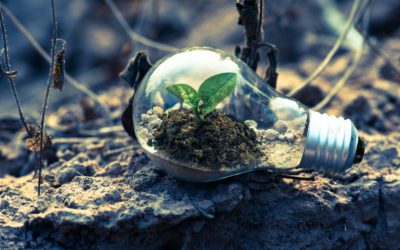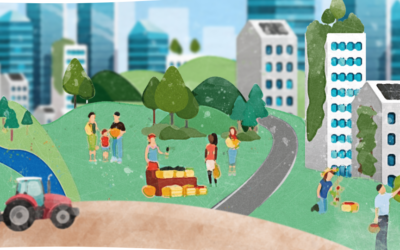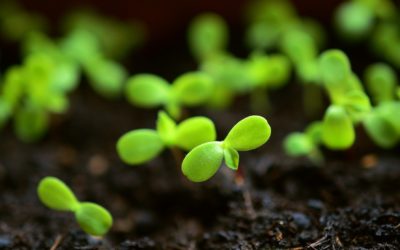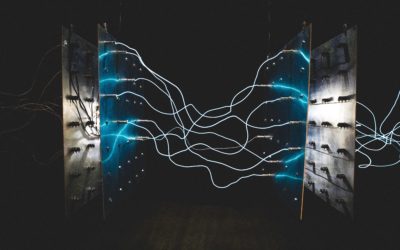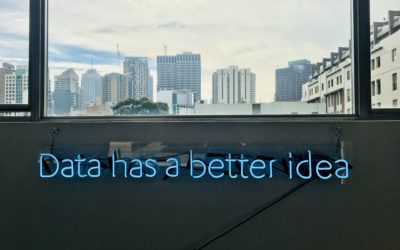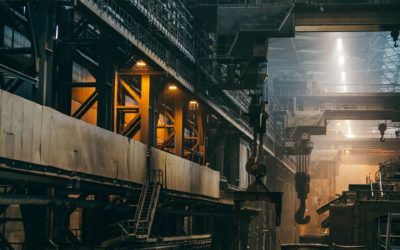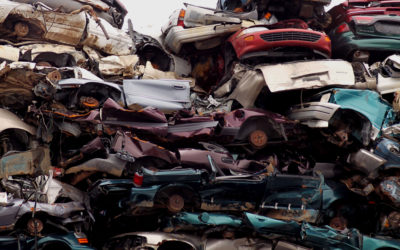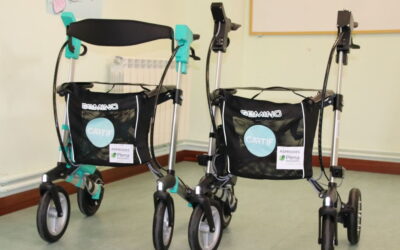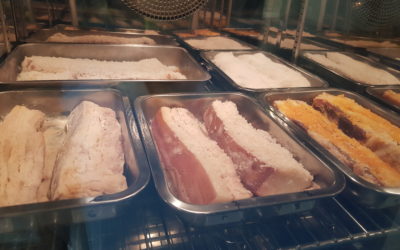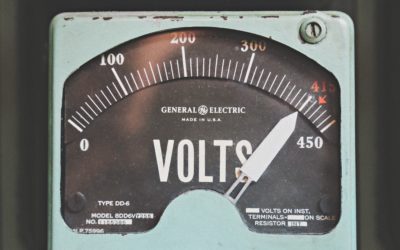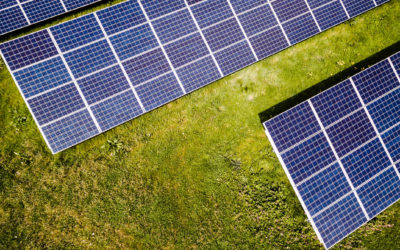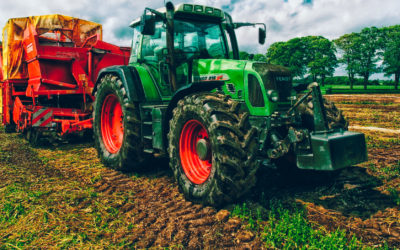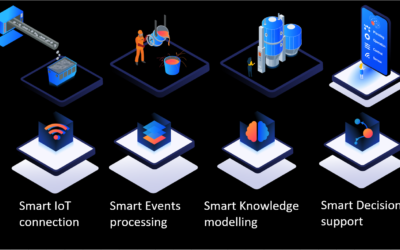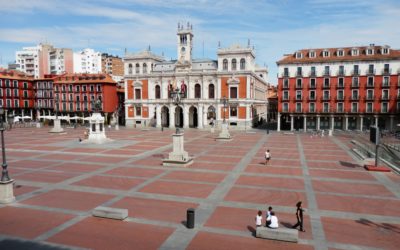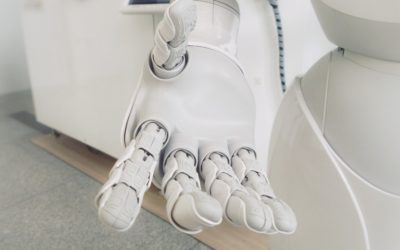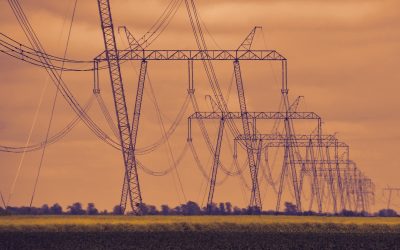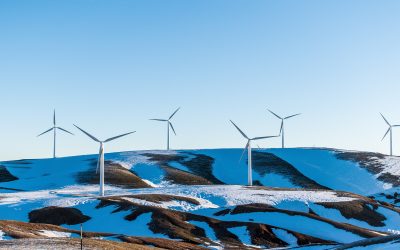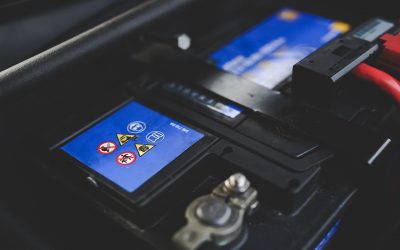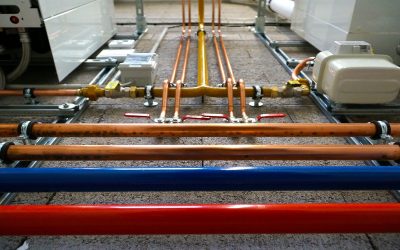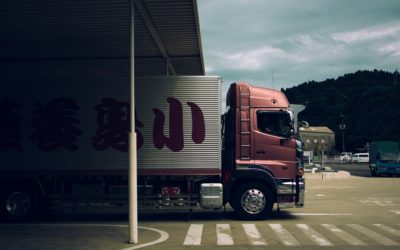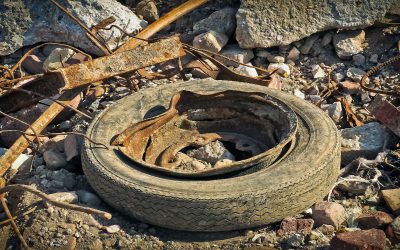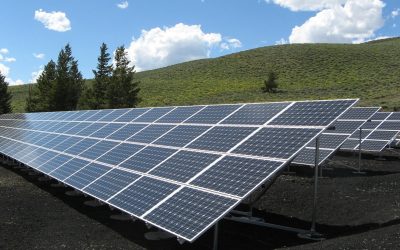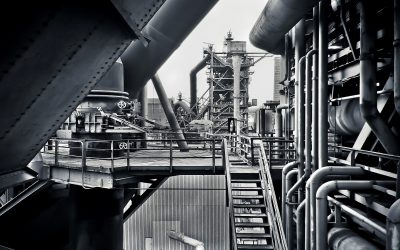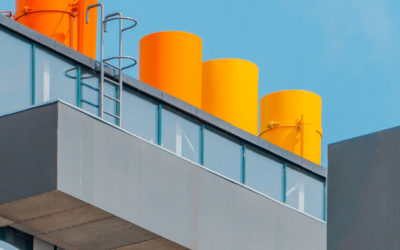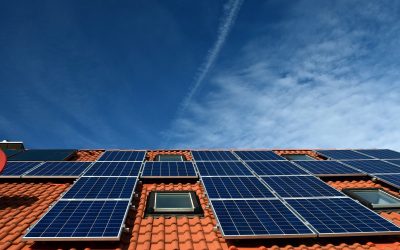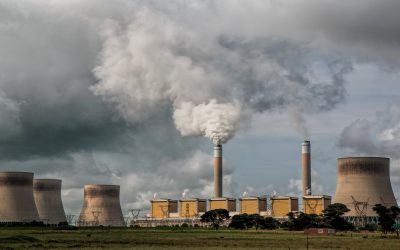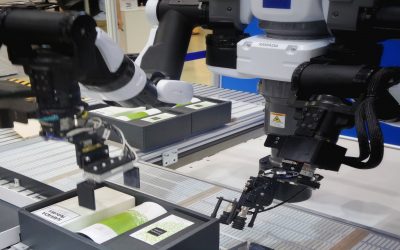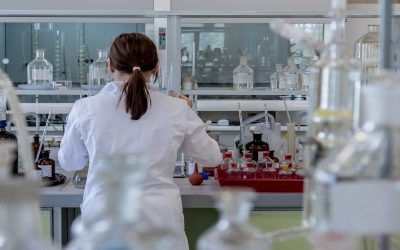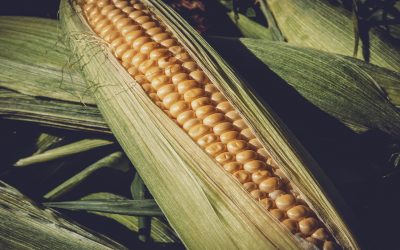CARTIF Projects
Efficient recovery of metals from spent EV batteries
Description
The project focuses on the recovery of critical metals present in the cathode of spent electric vehicle battery cells, through a more environmentally sustainable process, for their future reintroduction into the value chain. These processes are based on hydrometallurgy and direct recycling.
Objectives
-
- Study recycling processes, such as direct recycling and leaching.
- Efficient recovery of critical metals from spent lithium-ion batteries.
- Characterisation of the materials, in order to subsequently determine the efficiency of the applied process.
Expected Results
In the coming years, the number of electric vehicles on the road is expected to increase. Electromobility, whether focused on electric vehicles, scooters, bicycles or scooters, always uses one or more electric motors to propel itself and receives electricity via a grid connection and stores it in batteries. Lithium-ion batteries have been recognised as one of the most practical and commercially viable battery types for electromobility. However, the use of Lithium-Ion batteries involves the use of critical raw materials such as Lithium, Graphite or Cobalt, among others, which results in a value chain dependence on extractive mining and certain mineral sources outside Europe. This is why the European Union is considering strategies to reduce dependence on these metals. In this sense, one of the alternatives is to be able to recover strategic metals from products that have reached the end of their useful life, as could be the case of electric vehicle batteries. Therefore, favouring the development of lithium-ion battery treatment processes that allow circularity to be achieved, i.e., valorising the input flows with a product of global interest for the manufacture of more environmentally sustainable batteries, is one of the most interesting options to consider in order to promote battery recycling processes, and therefore the circularity of the process, at national level, and thus not depend on other mineral sources outside Europe, to obtain raw materials for the manufacture of batteries. At regional level, Castilla y León is one of the Autonomous Communities with the highest vehicle production at national level, being one of the main powers in the automotive sector. It could thus become an ideal geographical area for the installation of plants for the recovery of critical materials from spent lithium-ion batteries from electric vehicles. Today, there is no simple solution for the recycling of spent lithium-ion batteries, as the design of the complex materials is constantly improving. In addition, it is necessary to promote the circular economy in critical raw materials, as discussed above, as their availability is essential for the implementation of the Green Transition.
R&D Line
- Research on metal recovery processes from batteries, brine, electronic and other waste streams and equipment.
,Subvención de Apoyo a la inversión para la mejora de las capacidades científicas y tecnológicas de los Centros Tecnológicos de la Comunidad de Castilla y León (2023)
File: 2023 CCTT 04
![]()
![]()
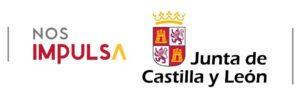
Total Budget: 130,000€
CARTIF Grant: 65.000€
Duration: 02/10/2023 – 31/05/2024
Co-financed with ERDF funds contributing to the Policy Objective “OP1: A more competitive and smarter Europe, promoting innovative and intelligent economic transformation and regional connectivity to information and communication technologies”.
Responsible
Marta Gómez Rincón
Division of Agrifood and Processes
Networking
Other projects:
WalNUT
WalNUT addresses the current gaps in nutrient cycles of differnt European waste water treatmetn systems and their related environmental problems through the application of comprehensive and innovative nutrient recovery systems, by interlinking three fundamental main drivers.
PHENOLEXA
Agricultural side streams-olives, wine, chicory and onions- are rich in bioactive compounds (BAC) and have antioxidant, antimicrobial, anti-inflammatory and anticancer properties. Their full potential has yet to be realised, due to a lack of technologies that preserve the complexity and functionality of these BAC.
CIRCTHREAD
The main objective of the project is to unlock access to product data and use it for enhanced CE decision making across the product life cycle. Circthread will enable to capture and share both data and CE decisions as part of a collaborative information infrastructure, providing a Circular product chain of cusotdy.
FUSILLI
FUSILLI project focuses on supporting cities to facilitate their transition towards more sustainable food systems, in line with Food2030 priorities. Combines the expertise of 34 partners from 13 countries including cities, universities, SMEs, NGOs and industries.
0e-Mision
0e-MISION project outlines a more sustainable energy future, with combustion energy installations without chimneys that are capable of producing electrical and thermal energy at any scale, in a clean, safe, efficient way and more cheap.
I-NERGY
The main objective of I-NERGY is to deliver an energy specific open modular frameork for supporting AI-on-demand in the energy sector.
I-NERGY contributes significantly to achieve a techno-economic optimal mangement of the EPES (Electric Power & Energy Services)
EnergyChain
EnergyChain goal is to use Blockchain to develop a system that will support the energy exchange between prosumers without the need of a central entity in charge of the managing.
BUILTHUB
BUILTHUB aims to develop a strctured and inclusive reliable data collection approach on the EU building stock, as well as an easy to access & use datahub, in the shape of a strctured web-based platform.
AI REGIO
AI REGIO project aims at supporting AI-driven Digital Transformation of European Manufacturing SMEs, by up-scaling and coordinating different regional smart specialization strategies, by integrating DMPs and DIHs.
frESCO
frESCO aims to engage with ESCOs and aggregators and enable the deployment of innovative business models on the basis of novel integrated energy service bundles that properly combine and remunerate local flexibility for optimizing local energy performance both in the form of energy efficiency and demand side management.
REVAMP
The main objective is to develop, adapt and apply new technologies to improve the efficiency in the use of raw materials and energy of processes that take place on metallurgy industries.
RURITAGE
RURITAGE enables rural regeneration through cultural and natural heritage (CNH). Has selected 13 rural areas as Role Models, i.e. successful cases regenerated thanks to CNH in 6 Systematic Innovation Areas.
DELOREAN
DELOREAN aims to obtain new raw materials from the treatment of waste generated in a critical sector in the región, the automotive industry. The three wastes investigated (tires, lubricating oils and polypropylene) are generated in high quantities and their polluting nature makes it necessary to develop new ways for their management and use.
COLOR
The “COLOR” project is a collaborative business initiative aimed at providing solutions to one of the most important needs of the food sector today: the reduction of acrylamide in industrially processed foods.
PROCURA
PROCURA aims at the realisation of two innovative social and health care solutions for active ageing and independent living, going beyond the current specifications available on the market and allowing the piloting of innovative technologies in the experimental environment of a living lab.
NUTRIBER
Application of new technologies on the development of a nutritionally improved iberian bacon. Reducing the sodium content in the formulation and limiting nitrites/nitrates.
Auto-DAN
The Auto-DAN project aims to enable homes and small businesses across the EU to optimize their energy consumption and provide and assessment of the live energy performance of a building. The solution will focus on the assistive role automation will have in buildings.
LowUP
LowUP will develop and demonstrate three new efficient heating and cooling technologies that will reduce CO2 emission and primary energy consumption. Heating and cooling account for 50% of the EU´s annual energy consumption.
HySGRID+
The objective of the Cervera HySGRID+ network is to strengthen the technological capacity of Spanish Technology Centres with a high level of complementarity and promote their solid cooperation with the ultimate aim of researching and developing new technological solutions that facilitate the creation of local energy positive balance communities (LEPC)
REGEN-BY-2
REGEN-BY-2 will develop a novel multi-generation, all-in-one integrated energy plant capable of converting any type of RES thermal sourcef in energy vectors such as electric, heating and-or cooling powers.
AGROVIS
“Intelligent Visual Computing for products/processes in the agri-food sector” is an industrial research project framed in the field of computer vision (digital enabler of Industry 4.0) associated with the agrifood sector.
CAPRI
Overall CAPRI objective is to develop, test and experiment an innovative cognitive automation platform (CAP) to achieve the digital transformation of the European process industry enabled by cognitive solutions that give operation flexibility to existing process industries
EACC Val
EACC Val project aims to analyze the influence of climate change on the municipality of Valladolid, identifying climate risks and vulnerabilities and proposing actions that affect its future climate adptation.
NEMO
NEMO aims to create a turn-key solution through which new systems are integrated into existing infrastructure to empirically measure emissions and noise emitted by individual vehicles
BioSFerA
BioSFerA aims to develop a cost-effective interdisciplinary technology to produce sustainable aviation and maritime fuels. The overall process, combining thermochemical, biological and thermocatalytic parts is based on the gasification of biomass and other biogenic waste and the 2-stage fermentation of the produced syngas.
ITEHIS
Inovative and digital technologies to proceed to the technical inspection of historical buildings for public or private use. The methodology proposed is based on the HBIM (Heritage BIM) paradigm
Intrusión-G4
The Intrusion-G4 project seeks new technologies to overcome the challenge of increasing the degree of security of the intrusion detection sensors currently available on the market.
IDET
IDET is an innovative project aimet at creating a set of technologies that backbone an integrated development environment that facilitates the creation of rehabilitation therapies for robotic systems.
MiniStor
MiniStor aims at designing and producing a nvel compact integrated storage system for achieving a sustainable heating, cooling and electricity storage adaptable to residential buildings.
MUSEGRIDS
The MUSE GRIDS project wants to contribute to the development of interconnected local energy network management systems to make better use of the synergies between these networks.
ATELIER
ATELIER is a demonstration project whose main objective is the design, implementation and validation of Positive Energy Districts (PEDs) in Amsterdam and Bilbao
INTERPRETER
INTERPRETER will overcome these limitations by means of a modular grid management solution consisting of a set of 10 software applications for an optimal design, planning, operation and maintenance of the electricity grid
TALENT
The TALENT project aims to increase the flexibility of the electrical system by reducing the cost associated with the integration of batteries in the electrical network.
REWARDHeat
The overall objective of REWARDHeat is to demonstrate a new generation of low-temperature district heating and cooling (DHC) networks, which will be able to recover renewable (RES) and residual (WH) heat available at low temperatures.
Transforming Transport
Transforming Transport project demonstrated, in a realistic, measurable an replicable wway the transformations that Big Data can bring to the mobility and logistics market. TT adress 13 pilots in 7 domains.
BRESAER
BRESAER is a demonstrative project whose objective is the development of a cost-effective, adaptable and industrialized envelope solution for the rnovation of buildings.
LIFE LANDFILL BIOFUEL
The aim of LIFE LANDFILL BIOFUEL is to demonstrate the technical performance of a cost effective solution based on the implementation of new exploitation techniques of the waste cells to enhance the biogas production
LOCOMOTION
LOCOMOTION will design a set of IAMs that will provide politicians and other stakeholders with assessment tools to analyze the feasibility, effectiveness and costs of the different sustainability policies and strategies.
SunHorizon
The SunHorizon project aims to demonstrate that combining technologies (TPs) such as solar panels and managed heat pumps with a controller with predictive, proactive and self-learning capabilities saves energy.
BIOMOTIVE
The BIOMOTIVE project aims to demonstrate the production of new high-performance biomaterials (thermoplastic polyurethane, foams and fibres) for the automotive sector, with the objective of revolutionising the market.
ELISE Energy Pilot
The aim of the ELISE action is to promote a coherent and consistent approach to the sharing and reuse of location data across borders and sectors.
SO WHAT
SO WHAT project aims to develop and validate an integrated software for auditing industrial process, planning and simulation of waste heat and cold (WH/C) valorisation systems towards the identification of economically viable scenarios where WH/C and renewable energy sources (RES) cooperate to match local demand.
SocialRES
The SocialRES project seeks to increase scientific knowledge about the non-technological aspects that prevent the adoption of social energy alternatives such as cooperatives, aggregators or crowdfunding platforms.
ZEOCAT-3D
The ZEOCAT-3D project addresses the conversion of methane, from natural gas and biogas, into aromatic hydrocarbons of high added value and easily transportable
INSITER
INSITER eliminate the gaps in quality and energy-performance between design and realization of energy-efficient buildings based on prefabricated components.
TRREX
The TRREX project (Extended Range Robot Enabling Technologies for the Flexible Factory) investigates and develops technologies that contribute to the deployment of mobile industrial robots for the factories of the future. These systems will increase the flexibility of the plants and allow the optimization of industrial processes, improving their productivity.
AI4EU
AI4EU project aims to make available to users resources based on Artificial Intelligence (AI) that facilitate scientific research and innovation.
INBEC
INBEC Project try to promote and develop a sustainable economy through innovation and business cooperation. To this end, it is proposed to use a methodology that maximizes the potential of the Bioeconomy.


